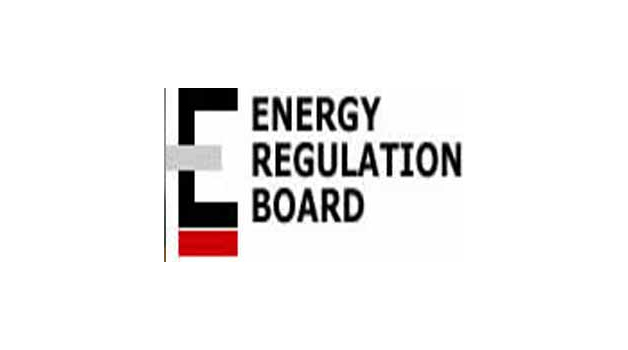By PERPETUAL SICHIKWENKWE –
 THE Energy Regulation Board (ERB) has embarked on a verification exercise to determine whether Zesco Limited has implemented new electricity tariffs in accordance with the board’s approval.
THE Energy Regulation Board (ERB) has embarked on a verification exercise to determine whether Zesco Limited has implemented new electricity tariffs in accordance with the board’s approval.
ERB director — consumer and public affairs, Agnes Phiri said in a statement yesterday that the board had decided to undertake the verification exercise following concerns by energy consumers.
The consumers complained that under the new tariffs, the number of units consumers were receiving had drastically reduced compared to what they were entitled to before the adjustment.
Ms Phiri said ERB would, through its economic regulations department, analyse receipts from a cross section of consumers who submitted their receipts to ERB offices in Chinsali, Kitwe, Livingstone and Lusaka.
Meanwhile, the ERB has directed Zesco to sensitise its consumers on the new tariffs and how it would impact their spending patterns.
In arriving at the tariffs, the ERB was mindful of how an upward adjustment would impact residential, commercial, social services, and maximum demand customers given the current challenging economic
environment.
Ms Phiri said it was regrettable that after the necessary analysis, the ERB had to hike the tariffs because it had a responsibility to ensure that Zesco had sufficient revenue to invest in generation projects which were desperately needed to address the critical power deficit.
She said the power deficit had resulted in enhanced load-shedding for all customer categories.
“It must be pointed out that Government is paying colossal sums of money to import expensive emergency power to cushion the impact of load-shedding,” Ms Phiri said.
She appealed to both industrial and household consumers to collectively adopt energy conservation practices such as sparingly using geysers and switching off lights in unoccupied houses to counter the power deficit.
She said those with the capacity should install solar geysers and use domestic gas stoves.
Ms Phiri said the ERB was aware that some residential customers were using their electricity for commercial ventures such as hair salons, barbershops and welding centres.






